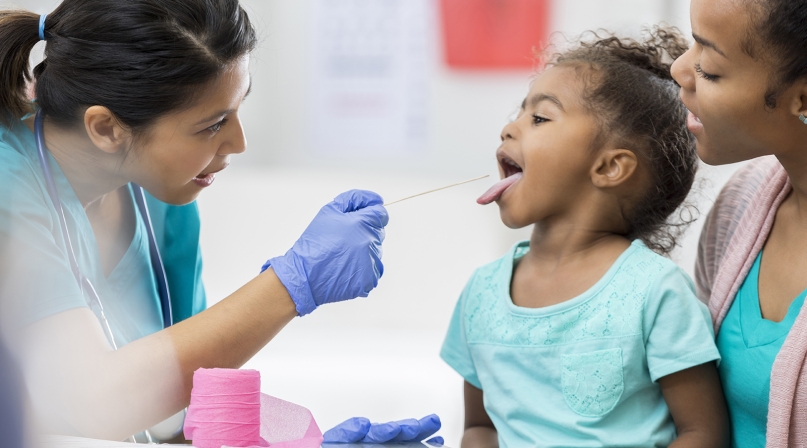House clears bill reauthorizing health safety net programs
Upcoming Events
Related News

House renews funding for #CHIP, offsets may come from Prevention and Public Health Fund, which counties depend on
The House of Representatives has passed a bill that would renew federal funding for the Children’s Health Insurance Program (CHIP) and other health safety net programs important to counties. While there is broad bipartisan consensus on the importance of these congressionally-authorized programs, how to pay for them continues to be a source of contention that the Senate must now grapple with. For example, one of the offsets — known as “pay-fors” — in the House-passed package involves cutting over $6 billion over the next eight years from a critical source of funding for county public health departments.
Learn More
Fact Sheet: Protect Funding for Core Local Public Health Services and Prevention Programs
The Championing Healthy Kids Act (H.R. 3922) cleared the House Nov. 3 by a 242 to 174 vote. Most notably, the legislation would extend CHIP funding for five years, community health centers support for two years and delay for two years planned cuts to federal payments to hospitals that treat a disproportionate share of low-income, underinsured and uninsured patients.
All of these programs expired on Sept. 30, which marked the end of FY 2017. In the case of CHIP, many states are using leftover or reserve funds that are set to run out early next year.
In addition to these funding extensions, the bill replaces and combines two bills that previously advanced out of the House Energy and Commerce Committee on Oct. 4. These include the HEALTHY KIDS Act, H.R. 3921, which would have reauthorized CHIP for five years and delayed the scheduled cuts to DSH payments by one year, and the CHAMPION Act, H.R. 3922, which would have reauthorized community health centers for two years.
NACo supported a measure in the House bill that delayed cuts to DSH by an additional year, but remains concerned about the proposal to scale back funding for the Prevention and Public Health Fund (PPHF) as part of a budgetary offset for the bill.
The PPHF currently accounts for 12 percent of the annual budget for the Centers for Disease Control and Prevention (CDC) and funds key public health programs, such as immunizations, epidemiology and laboratory capacity, heart disease and stroke prevention, and diabetes prevention. These funds are passed directly from the federal government down to state and local health departments, including over 1,900 county public health departments.
In a Nov. 1 press release, the National Association of County and City Health Officials (NACCHO) wrote, “There has to be a better solution than shifting scarce resources from one safety-net program to another. Our communities deserve better. Our local health departments depend on the continued financial support provided by the Prevention and Public Health Fund, which is absolutely critical to their success.”
The Senate has already signaled its support for reauthorizing CHIP for five years, but until now they have not specified how they plan to pay for it. The Senate bill, titled the Keeping Kids’ Insurance Dependable and Secure (KIDS) Act, (S.1827), advanced out of the Finance Committee Oct. 4, but did not indicate offsets.
The most likely scenario is that these funding reauthorizations are wrapped into an end-of-year funding package that must be completed when the funding for the federal government runs out on Dec. 8.
Attachments
Related News

White House Executive Order establishes national substance use disorder response
On January 29, the White House issued an Executive Order (EO) establishing the Great American Recovery Initiative, a new federal effort aimed at coordinating a national response to substance use disorder (SUD).

USDA and HHS release new dietary guidelines
On January 7, U.S. Department of Agriculture Secretary Brooke Rollins and U.S. Department of Health and Human Services Secretary Robert F. Kennedy, Jr. unveiled the new Dietary Guidelines for Americans, 2025–2030.

SAMHSA cancels, reinstates thousands of behavioral health grants
Late on Wednesday, January 14, the Administration announced that thousands of Substance Abuse and Mental Health Services Administration (SAMHSA) grants that had been terminated just one day earlier would be reinstated.